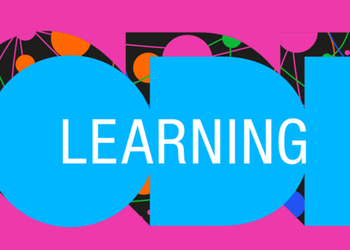Five years of the ODI
In the next five years, we expect to see, among other things, the adoption of a broader range of data sharing models; the creation and utilisation of many more trusted research environments; and the expansion of data assurance practices – demonstrating that data and the organisations collecting, using and sharing it are trustworthy.

Collaboration
We will engage and collaborate across the world; improve data literacy in response to the needs of organisations; work with others to build trust in data and the trustworthiness of organisations collecting and using it; and extend our reach by leveraging digital technology to work with others.
We believe that the best foundation for data infrastructure is open data. While this remains one of our guiding principles, we also think that data from across the Data Spectrum – from closed to shared to open – can benefit everyone: businesses, governments, civil society, and individuals.
ODI five year strategy - 2023-2028 - Summary
Strategy 2023-28
The ODI - our plan for 2023
What we do
-
 Read more
Read moreWhat we do
We provide training, consultancy services, tools and guides that enable organisations to become more confident and capable in their stewardship and use of data.
-
 Read more
Read moreMembership
Join our active network of organisations and individuals who are transforming their data strategies. Stay up to date with the latest data policy, news, events, and innovations.
-
 Read more
Read moreLearning
Our online learning courses are an opportunity to develop skills in trustworthy data practices with the support of the ODI’s expert trainers.
Insights
We’ve created impactful ideas, knowledge, and research for over a decade. Explore our work - through our catalogue of reports, tools and stories.
